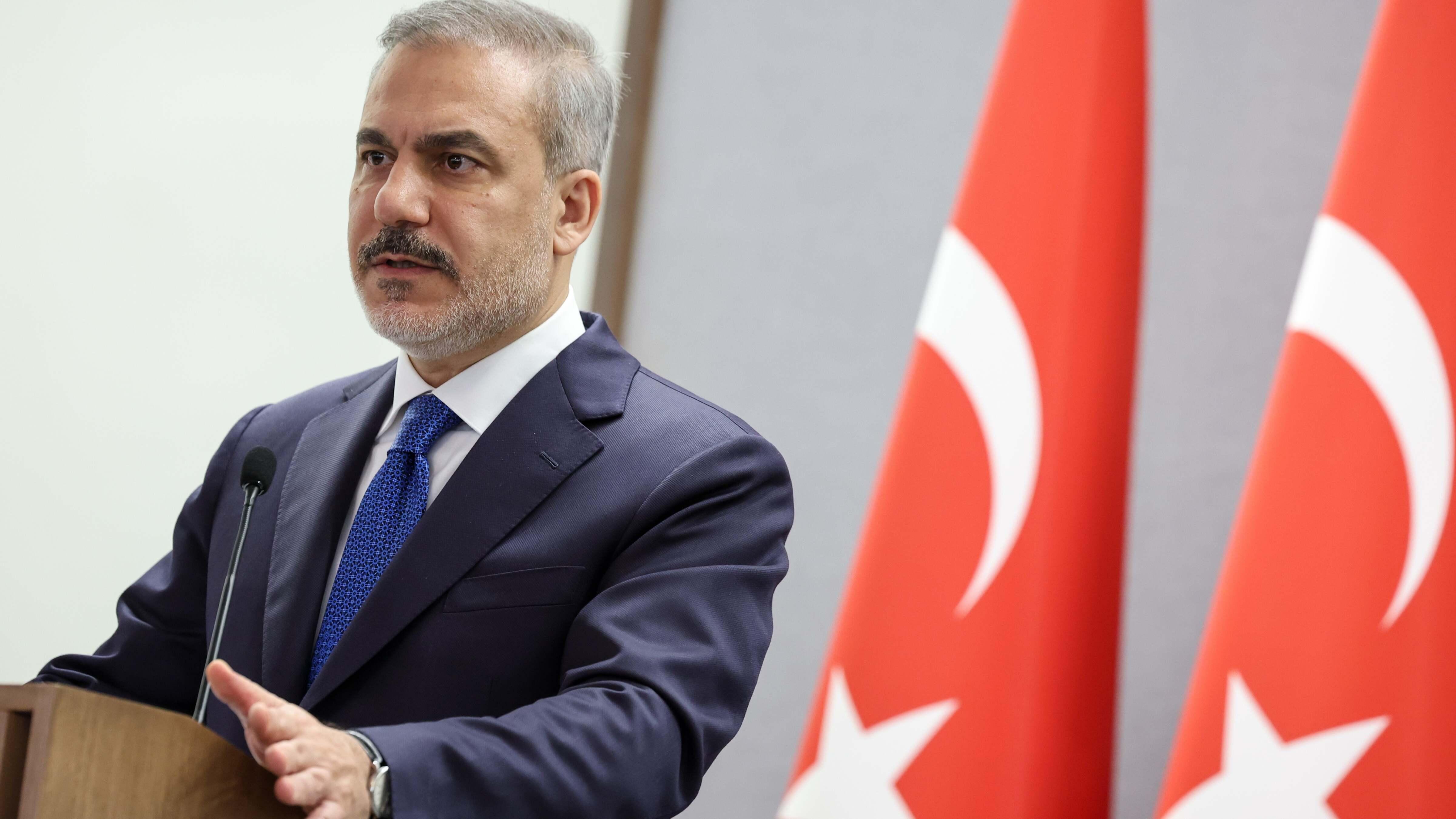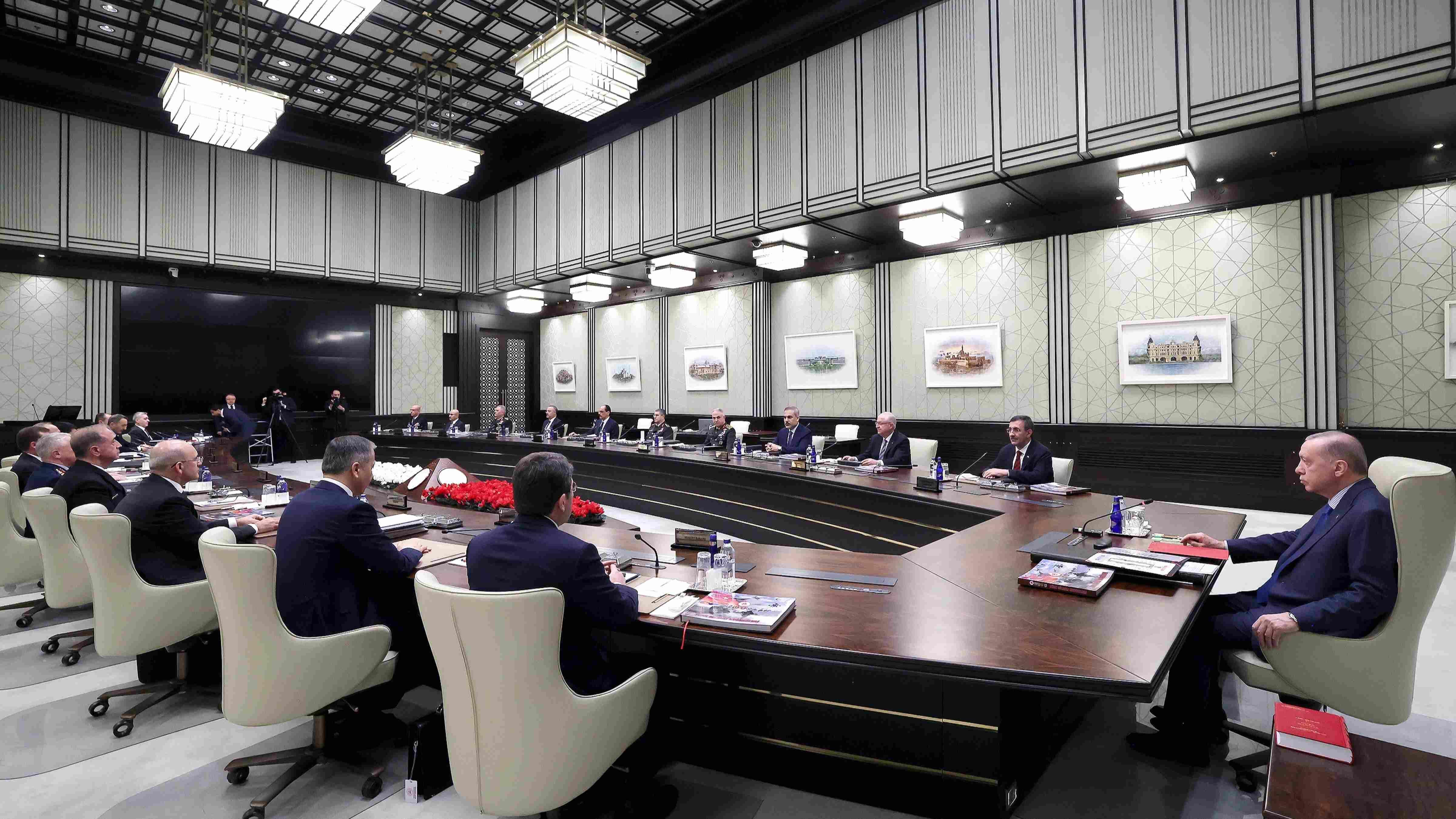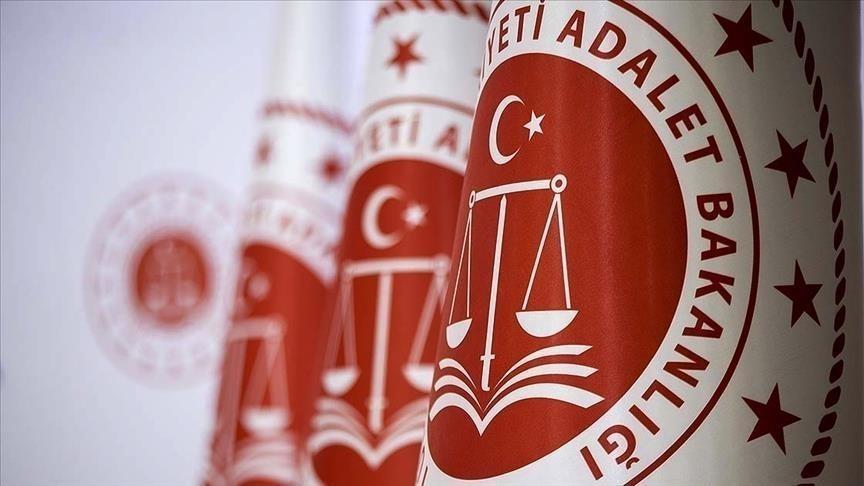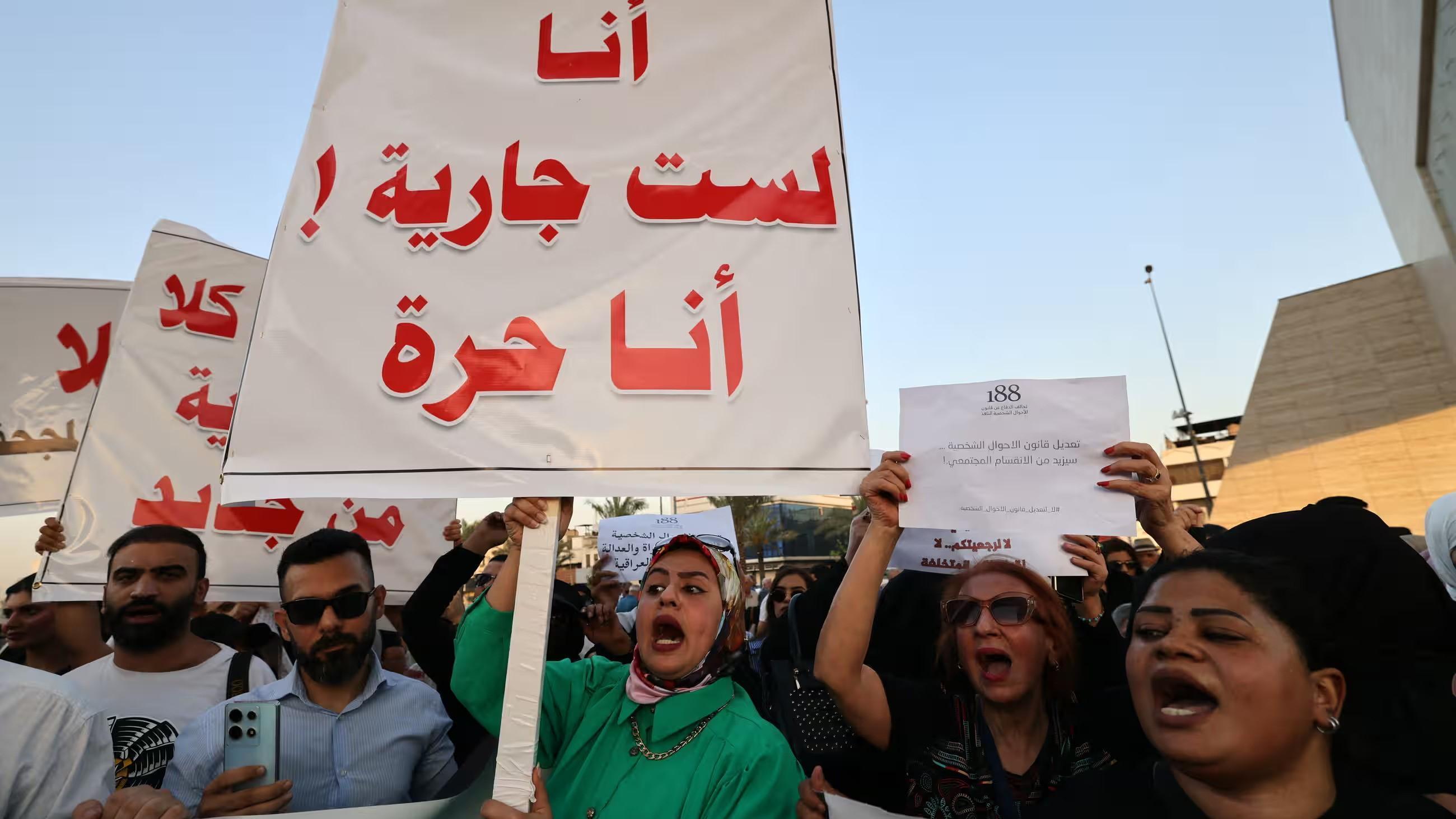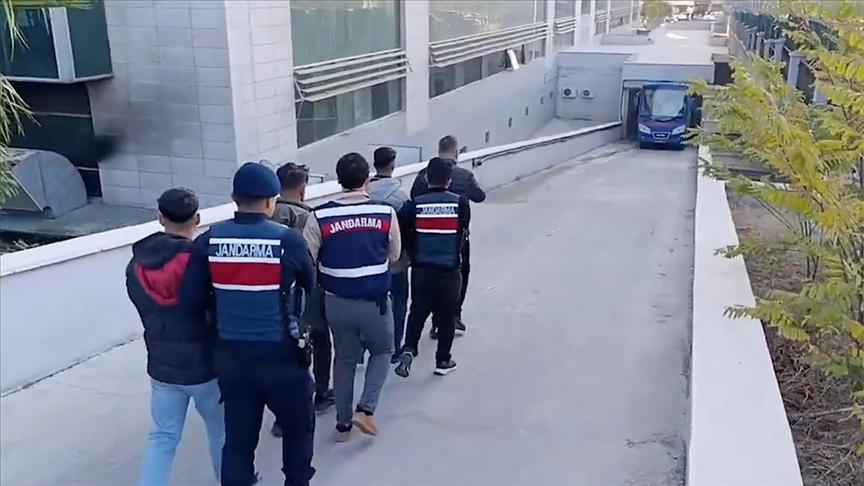Turkey hopes 2020 will mark progress on EU accession bid
Serkan Demirtaş - ANKARA
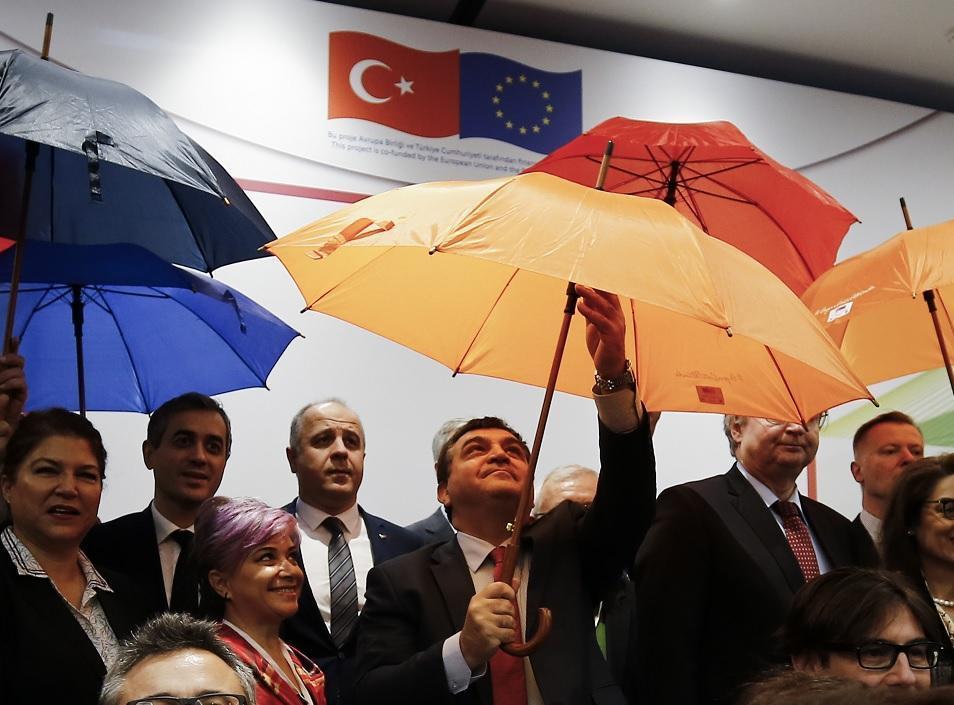
Turkey sees a glimmer of hope in reviving its stalled accession process to the European Union in 2020 in the context of the new leadership taking the helm of key European institutions and with expectations of the accelerated reform process by the government.
“With the new commission and the new parliament, we hope that in 2020, if we can accelerate the reform path in Turkey, we can build confidence,” Deputy Foreign Minister Faruk Kaymakcı told a small group of reporters late Dec 19. He underlined that restoring confidence between Turkey and the EU would pave the way for addressing some obstacles to Turkey’s accession process in 2020.
German politician and former Defense Minister Ursula von der Leyen took office as president of the European Commission on Dec. 1, and Turkey’s President Recep Tayyip Erdoğan was one of the first leaders she contacted on her first day in office. The government has evaluated this gesture and the dispatch of a senior delegation to Ankara as an indication that the new commission wishes to stay in dialogue and to engage with Turkey, despite problems in the accession process.
“There is a will from both sides. The will has always been on our side. But now, we see that the new commission is also willing to engage with Turkey,” he stressed.
The EU has stalled the accession process due to the deteriorated democratic and human rights conditions in Turkey in the aftermath of the July 15 failed coup. It also stopped a process for upgrading the customs union.
The ongoing strain in the eastern Mediterranean over the hydrocarbon activities, Turkey’s unilateral operation into northeastern Syria and the decades-old Cyprus problem constitute other major problems in the Ankara-Brussels dialogue.
The experienced diplomat admits the fact that the Cyprus problem and the tension over the hydrocarbon drillings in the Mediterranean would continue to create major obstacles in building trust between Ankara and Brussels.
A clear deadline and new parameters
“Of course, the Cyprus problem will always be there. We hope we can also work on it, but we need a clear deadline and maybe some new parameters,” he said, referring to a potential launch of a fresh intercommunal effort for a negotiated settlement on the island.
New parameters are needed because all the related parties are playing the game according to the old parameters that produce nothing but just postpone sound talks, he said.
Kaymakcı criticized the stance of the EU on the eastern Mediterranean conflict for trying to put itself into a role of court although it has no jurisdiction over the matter. He repeated Turkey’s urging that any unilateral decision by the EU under the excuse of membership solidarity will not yield any result in terms of the eastern Mediterranean dispute.
“What we need is engagement and dialogue. If the EU is really sincere in finding a solution to the Cyprus problem, if the EU is really sincere in contributing to the settlement of the delimitation of the maritime zone issue, the EU can play an honest broker role but not by taking sides or by categorically saying that Turkey’s activities are illegal,” he added.
EU should not take sides on east Med
The deputy foreign minister has drawn attention to a series of contradictions on the EU position regarding the problem in the eastern Mediterranean. On the one hand, Brussels describes the Turkish activities as illegal, but on the other hand, it calls on all parties to engage in dialogue to delimit their maritime zones, Kaymakcı underlined.
“Still, we hope that we can try to find some solutions to this issue with the new commission,” he said.
“Since the beginning, since 2011, Turkey said that the Greek Cyprus should not be in drilling activities without consulting with the Turkish Cypriots. At that time, we had no drilling capacity, but now we have. And what we are doing now is just a response to the unilateral actions of Greek Cyprus.”


